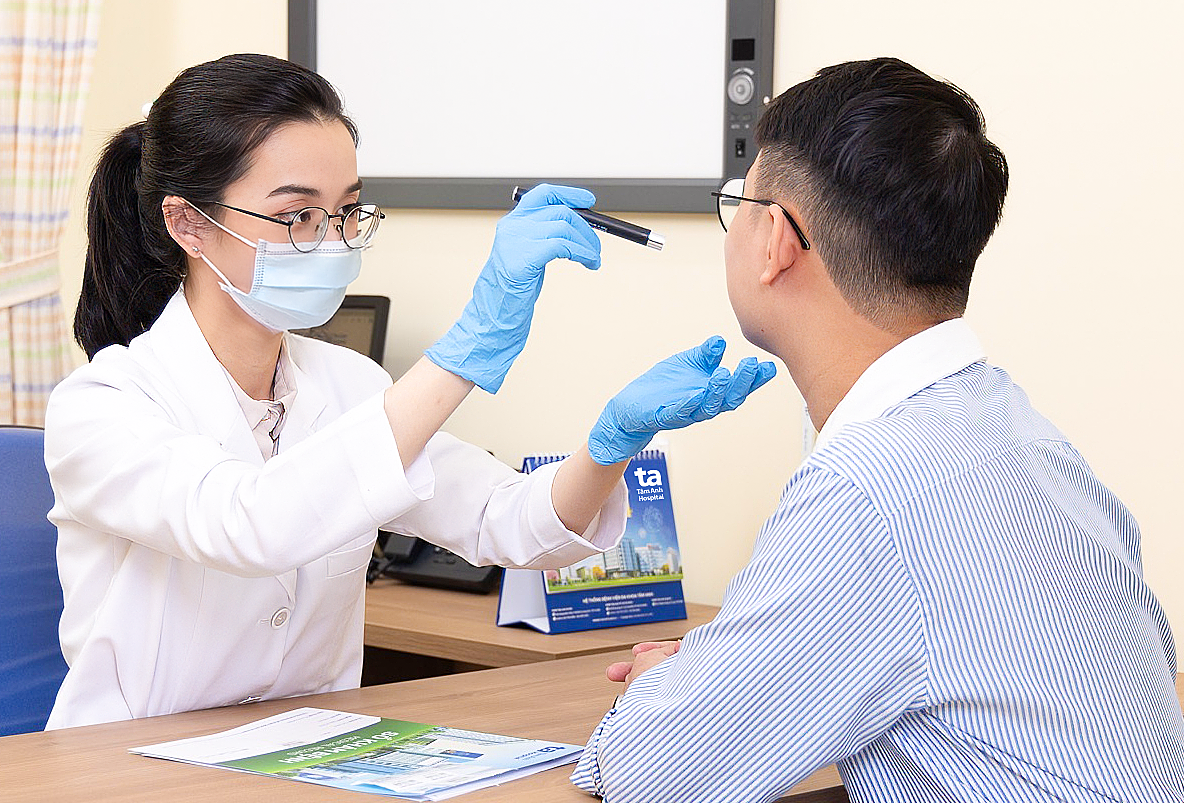Sun, wind, sea, and sudden weather changes can leave your skin dry, sunburned, prone to breakouts, or even hyperpigmented. Dr. Le Nguyen Thuy Vy from the Dermatology and Cosmetic Dermatology Unit at Tam Anh General Clinic, District 7, offers advice on how to keep your skin healthy and radiant throughout your travels.
Sunscreen is essential. Summer sun is intense, and its UVA and UVB rays can cause sunburn, hyperpigmentation, premature aging, and increase the risk of skin cancer. Sunscreen isn't just for the beach; it's a daily essential. Choose a broad-spectrum sunscreen with an SPF of 30 or higher. Water-resistant formulas are ideal for swimming, outdoor activities, or prolonged sun exposure. Apply sunscreen generously to all exposed skin, including your face, neck, shoulders, arms, legs, back, and chest.
Pack skin-rejuvenating products. Frequent travel, hot and dry weather, and constant exposure to air conditioning on planes or in hotels can dehydrate your skin, leading to dryness, tightness, and flaking. To combat this, pack a light, non-comedogenic moisturizer containing hyaluronic acid or ceramides to attract and retain moisture and restore your skin's protective barrier. Apply it after washing your face in the evening while your skin is still damp for optimal absorption. For long journeys, a facial mist or light moisturizer can provide continuous hydration. Choose products suitable for the climate and environment of your destination.
 |
Dr. Vy examines a patient's skin. Photo illustration: Tam Anh General Clinic, District 7 |
Cleanse your skin properly. While traveling, your skin is constantly exposed to sweat, dirt, and sunscreen, which can clog pores if not cleansed properly. Wash your face twice daily, morning and night, with cool water to soothe and refresh your skin. Opt for a gentle cleanser free of alcohol and harsh detergents, which can cause dryness and irritation, especially for sensitive skin. Pat your skin dry with a soft towel after cleansing; avoid harsh rubbing. If you spend a lot of time outdoors or wear heavy sunscreen, consider using a makeup remover at the end of the day for a deeper cleanse.
Avoid unfamiliar products. According to Dr. Vy, vacations are not the time to experiment with new skincare products, especially if you have sensitive or acne-prone skin. Changes in climate, routine, and environment can make your skin more reactive. Stick to your usual, simple, and skin-type-appropriate skincare routine to avoid irritation, redness, or breakouts.
Stay hydrated. Drinking about two liters of water a day not only benefits your overall health but also keeps your skin hydrated, especially during outdoor activities, sun exposure, or in hot, dry climates. If you can't drink water regularly, at least have a full glass before swimming, hiking, or engaging in strenuous activities.
For consistently smooth, radiant skin throughout your trip, ensure you get enough sleep, eat plenty of fruits and vegetables, and limit alcohol consumption and late nights. Those undergoing specialized skin treatments should pack oral sunscreen supplements or vitamin C to further protect their skin from environmental damage.
Minh Huong
| Readers can submit questions about dermatology and cosmetic dermatology here for the doctor to answer. |












